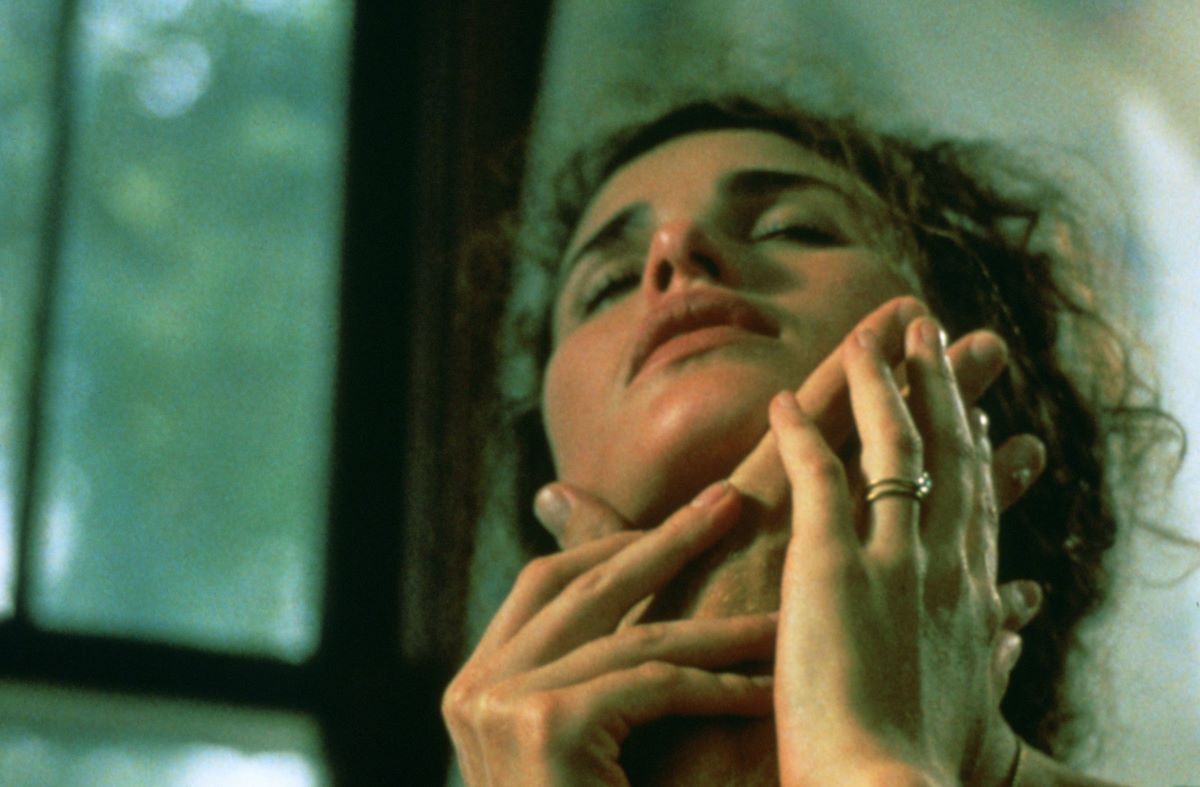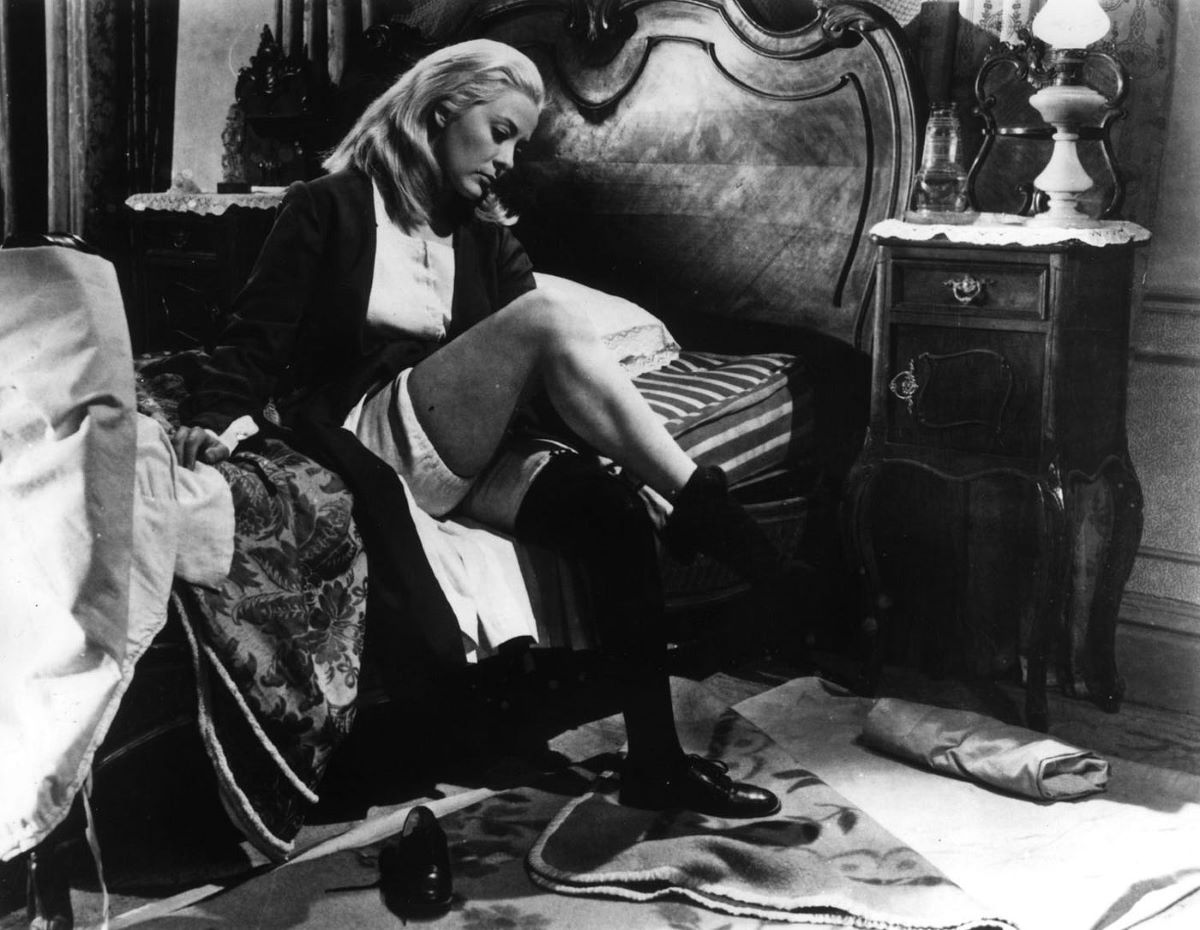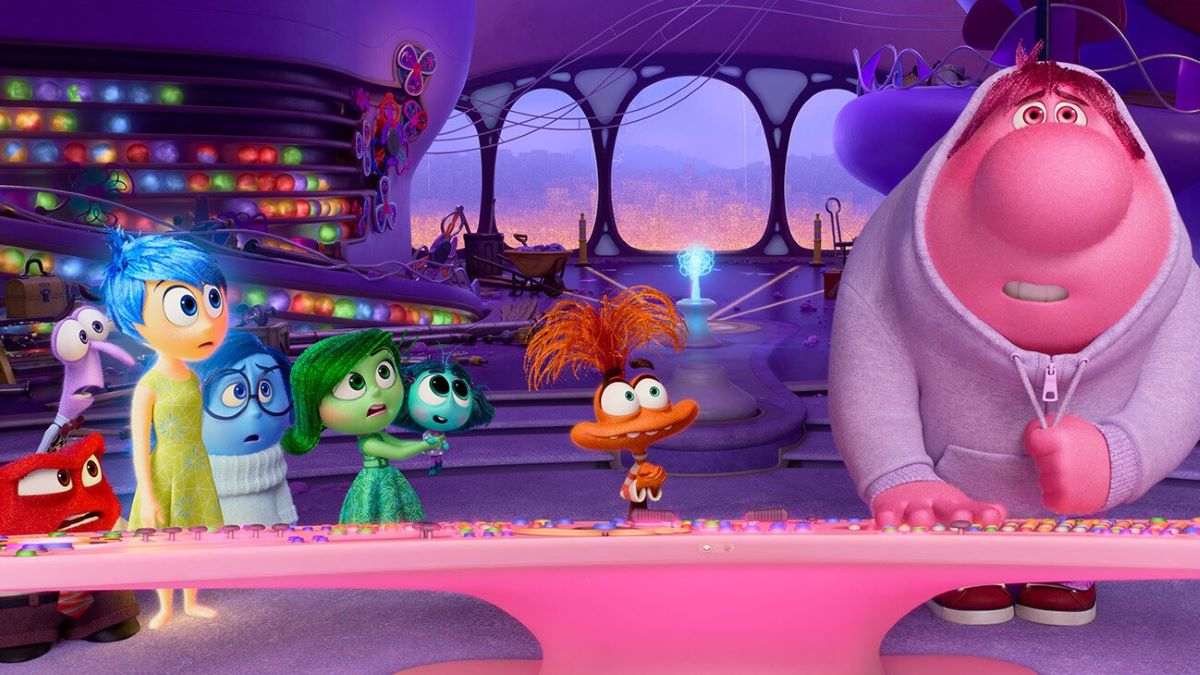Hit Man (2023)
Directed by Richard Linklater
What is cinema if not the art of taking actors and actresses and having them play characters who don’t exist? And what do actors and actresses do if not make us believe they are truly what they are not and only pretend to be? Being/appearing: Richard Linklater’s Hit Man, his 22nd film (Before Sunrise, Boyhood, Everybody Wants Some!!), revolves around this dichotomy. This duality. The dialectical game between what the characters are and what they claim to be.
Starting with the protagonist, played by Glen Powell (also co-screenwriter): his name is Gary, and he is an ordinary man, one who does everything to remain unnoticed. His profession is teaching philosophy at the University of New Orleans (from the very first scene, we see him discussing Nietzsche and the beauty of living dangerously), but in his spare time, he works undercover for the police, pretending to be a paid hitman tasked with getting his potential “clients” to confess their murderous intentions so they can be arrested before they commit the crime they hired him for.
Gary is a master of disguise. With each new “client,” he changes his look, style, and hairstyle. Almost like a Fregoli of mimicry. A champion in the game of masks (he even wears a toupee that makes him look like Javier Bardem in No Country for Old Men). Gary is aware of how the figure of the contract killer is entrenched in the collective imagination (“Hitmen don’t exist. People believe in them because they’ve seen them in fiction”), and Linklater is even more so: at the height of the film, he breaks the narrative linearity with a citation-filled interlude, rapidly showing and editing clips of various hitmen from classic Hollywood (This Gun for Hire by Frank Tuttle, 1942) to those of Sergio Leone, Brian De Palma, and – inevitably – Alfred Hitchcock (Dial M for Murder, 1954). The message is clear: this is about cinema. It’s also a story about cinema.
Gary, in truth, talks to his students about Freud and the relationship between the Id, Ego, and Superego. And as he does so, he wonders how much of himself, his Id and Superego, ends up in his disguises. One day, however, a fragile and charming woman hires him to kill her husband. Gary – who introduces himself to her as Ron – decides not to have her arrested. Instead, he falls in love with her. She falls for him too. And that’s where the trouble begins. The game of deception gets tough because she believes he is a killer, and he thinks she is a potential murderer. The game of masks becomes more complex, identities proliferate, and pretenses spread. From every point of view: in the relationship between Ron and Madison (the young woman), the love scenes (where he abandons his rational Superego and lets his instinctual Id emerge) are always played out with other identities, other disguises (like when she dresses up as an airline hostess).
Identities, roles, scripts: the truth is lost, split, hidden, only to resurface, following the playful rhythm of a jazz score in which the director himself enjoys constantly changing the identity of his film. What exactly is Hit Man? A thriller? A crime film? A noir? A romantic comedy? A black comedy? A love story? Linklater frees himself from being tied to a single genre and surfs from one genre to another, with a precision, fluidity, writing accuracy, and joy of filmmaking that elicits applause and rekindles the pleasure of being a spectator.





